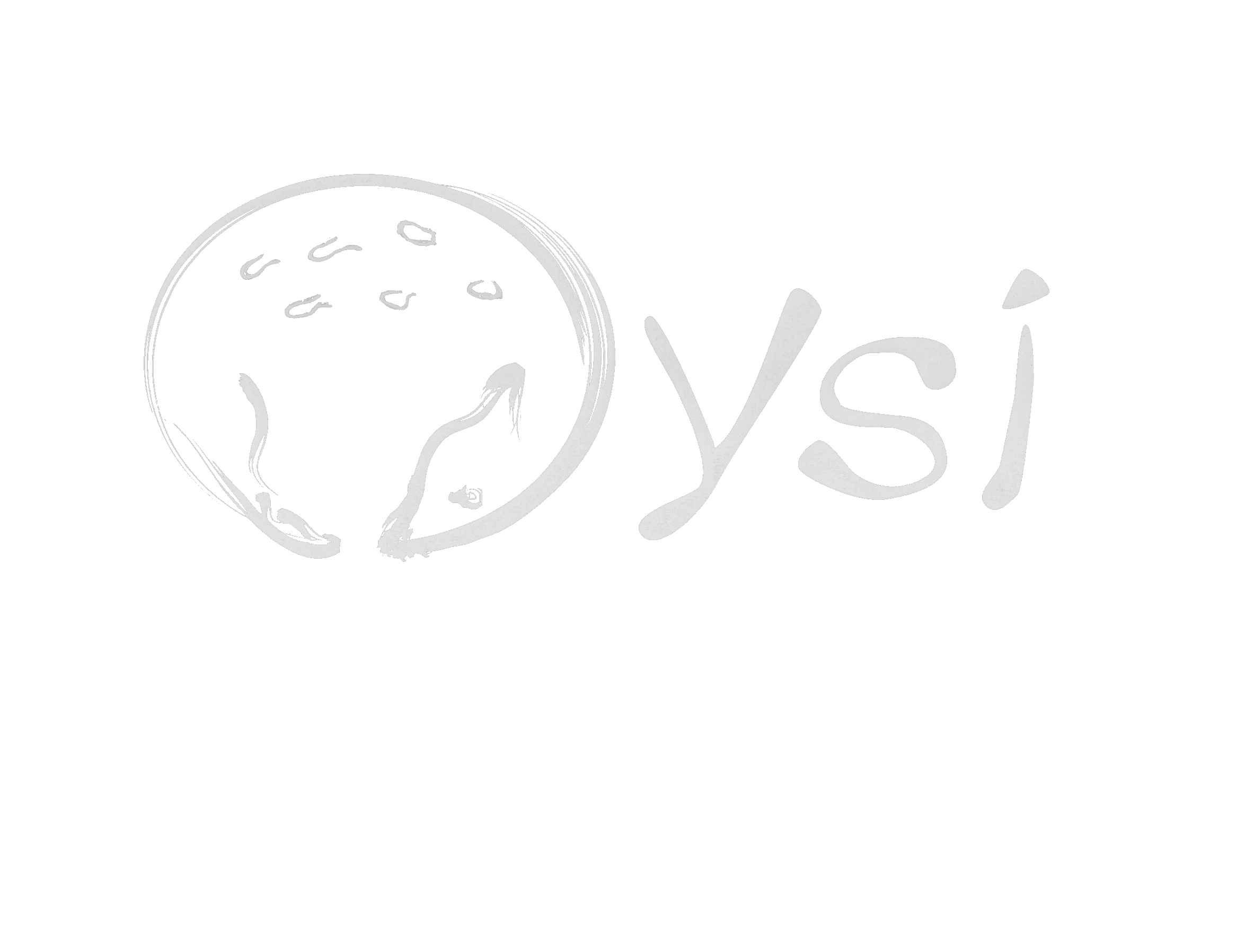Diario estúpido collects fragments of the more than 1700 pages written by the artist between 1966 and 1971, when she set herself a daring challenge: to capture daily her most intimate reflections on creation, spirituality, politics, the indigenous cosmovision, and pop music, among other topics.
"In those years -Cecilia- forced herself to write at least one page every day, typed, as a 'stupid' creative exercise: to let the words and images of her visions about herself, others, the world, and existence come out freely", sentences journalist Marcela Fuentealba, in the introduction to this volume.
"In the difficult task of discriminating the texts, we privileged those at the same time close and alive", says Fuentealba, commenting that these poems, despite being written more than fifty years ago, still reflect the passion, humor, criticism, and strength that have characterized Cecilia Vicuña.
In this way, Diario estúpido delves into the artist's most genuine imagination and exposes her concerns about topics as varied as the catastrophes experienced by the people, the role of poetry, and the influence she received from figures such as Violeta Parra and other authors of the time: "In the meetings Enrique Lihn is my favorite hero / Listening to him speak I would stay for hours. His phrases seem / like great tangled palaces...".
These pages also reveal a tormented and deeply reflective Cecilia Vicuña. In that sense, the work reveals an artist in full formation: "I am disillusioned with myself: I have not created anything worthwhile / nor a mythology or cosmogony of love. Nor a poetic treatise / at least," writes the author on April 27, 1967.
Against this, during the presentation, Rojas pointed out that the book opens a window to that key moment in the artist's life, that stage where the author explores and defines her steps in the field of creation: "It proposes a conversation about the previous moment before the author began her definitive journeys," said the academic. "It is a portrait of the young artist in full bloom," he said.











